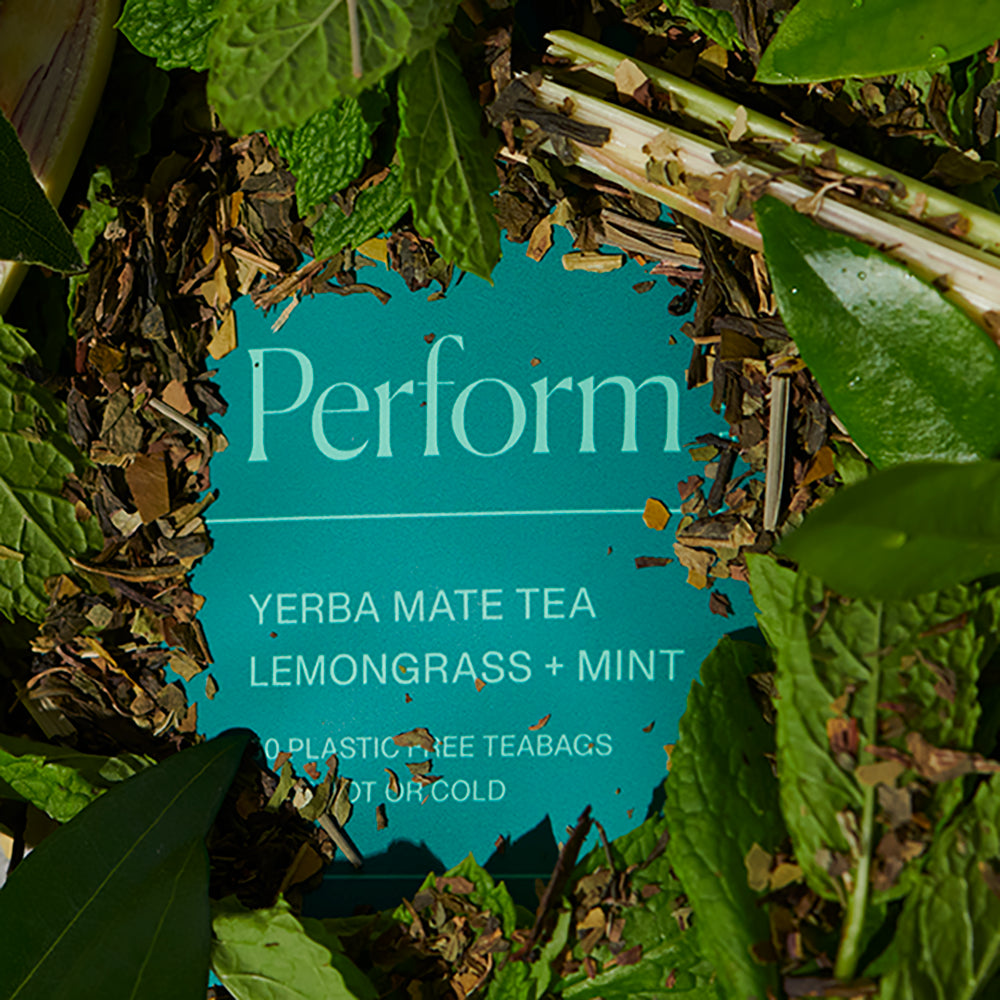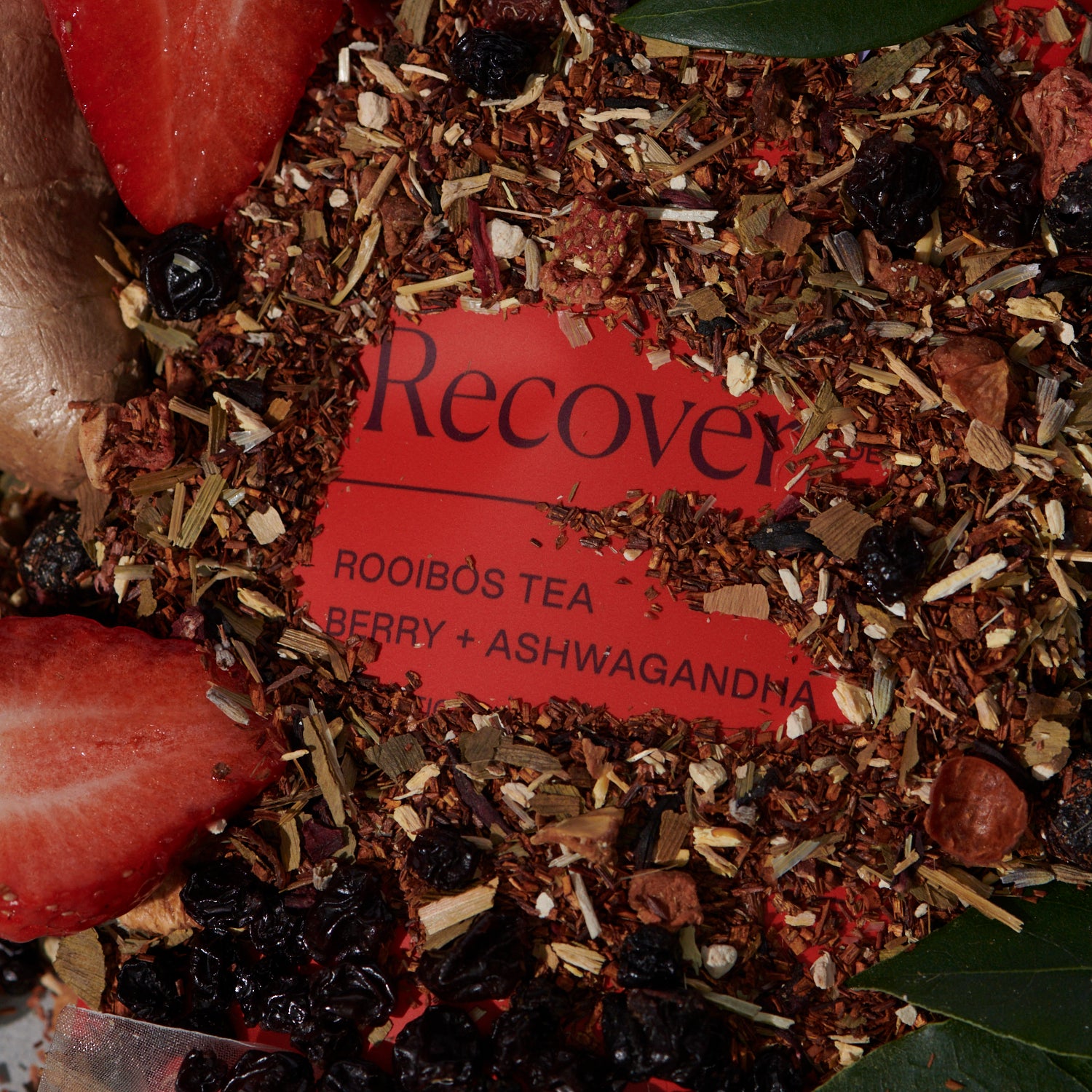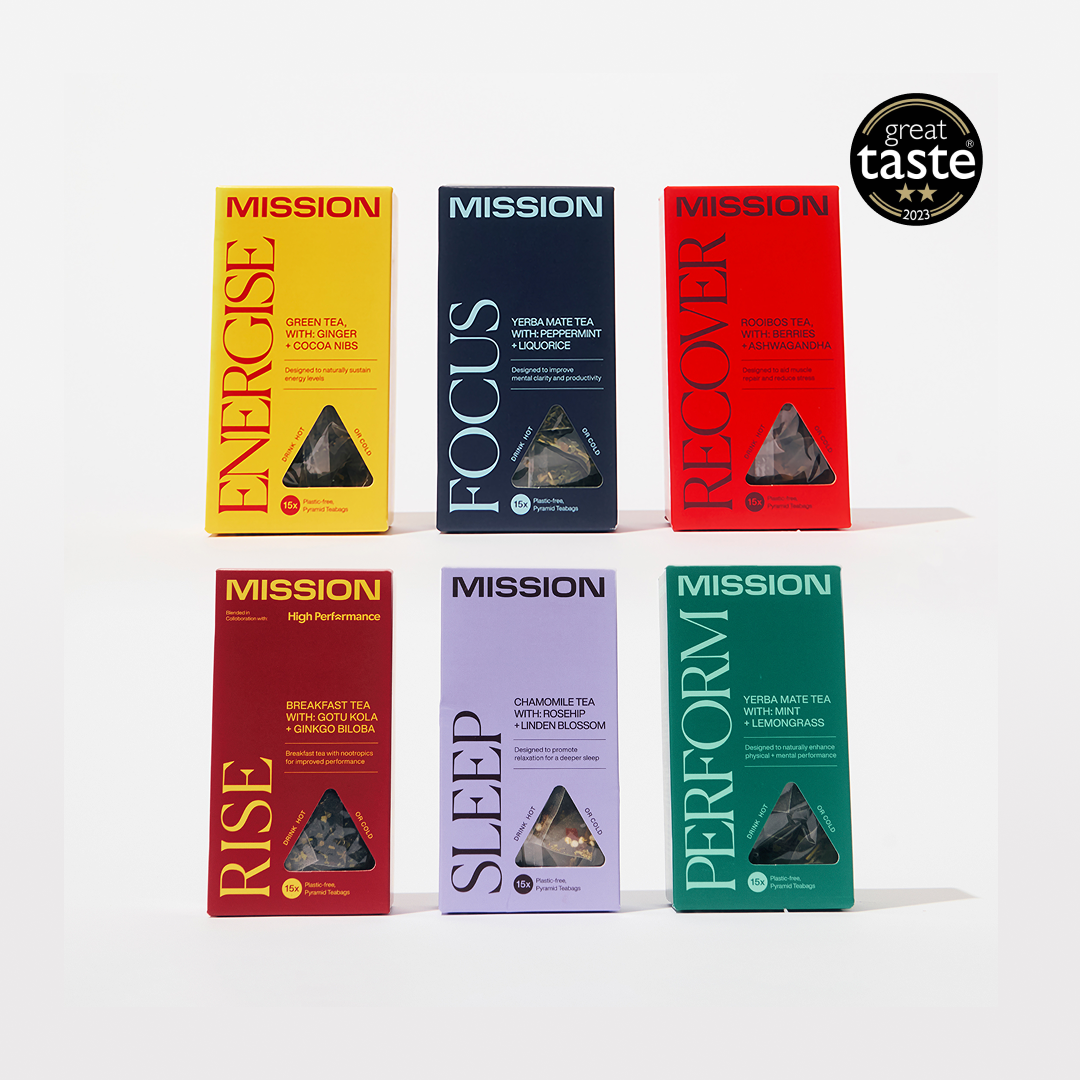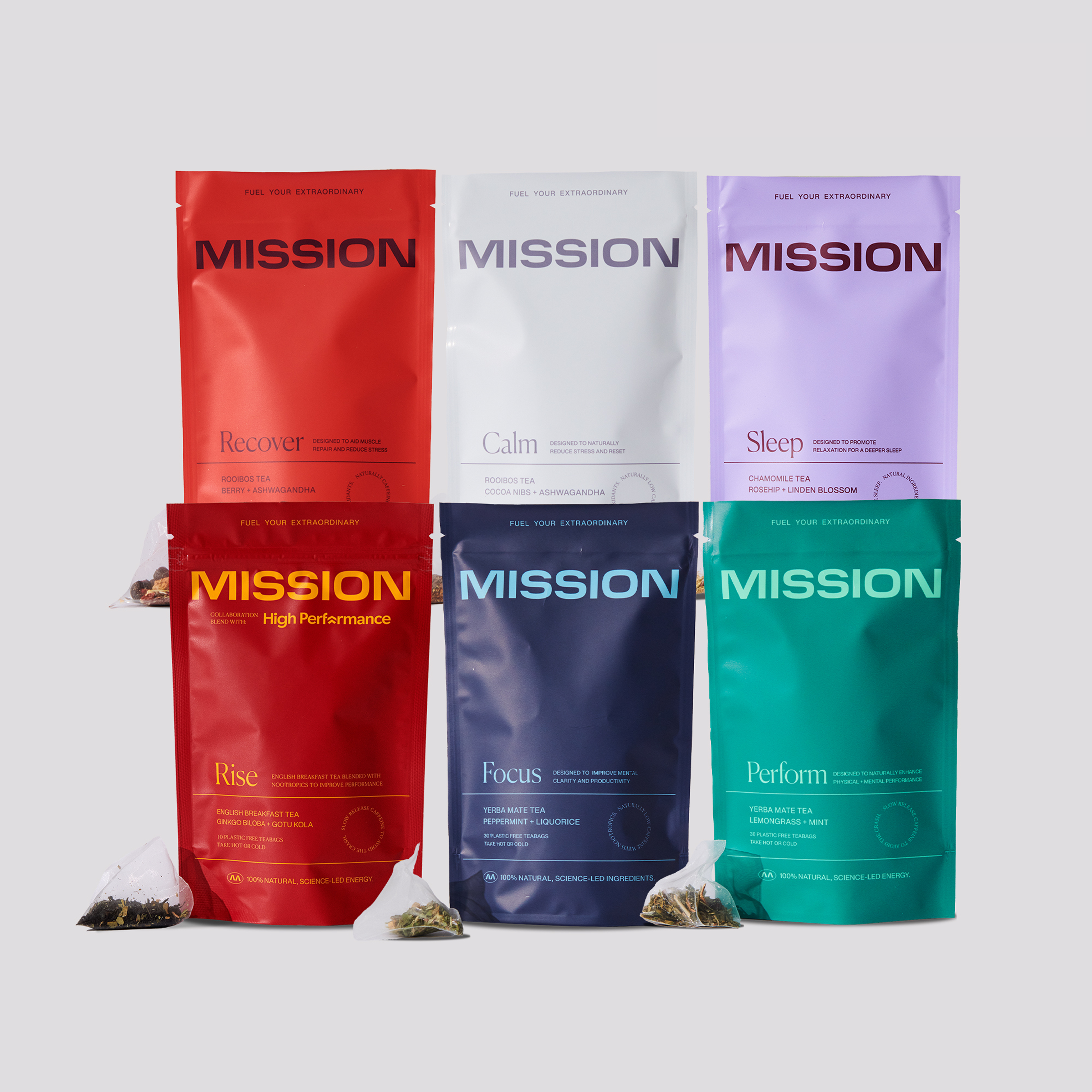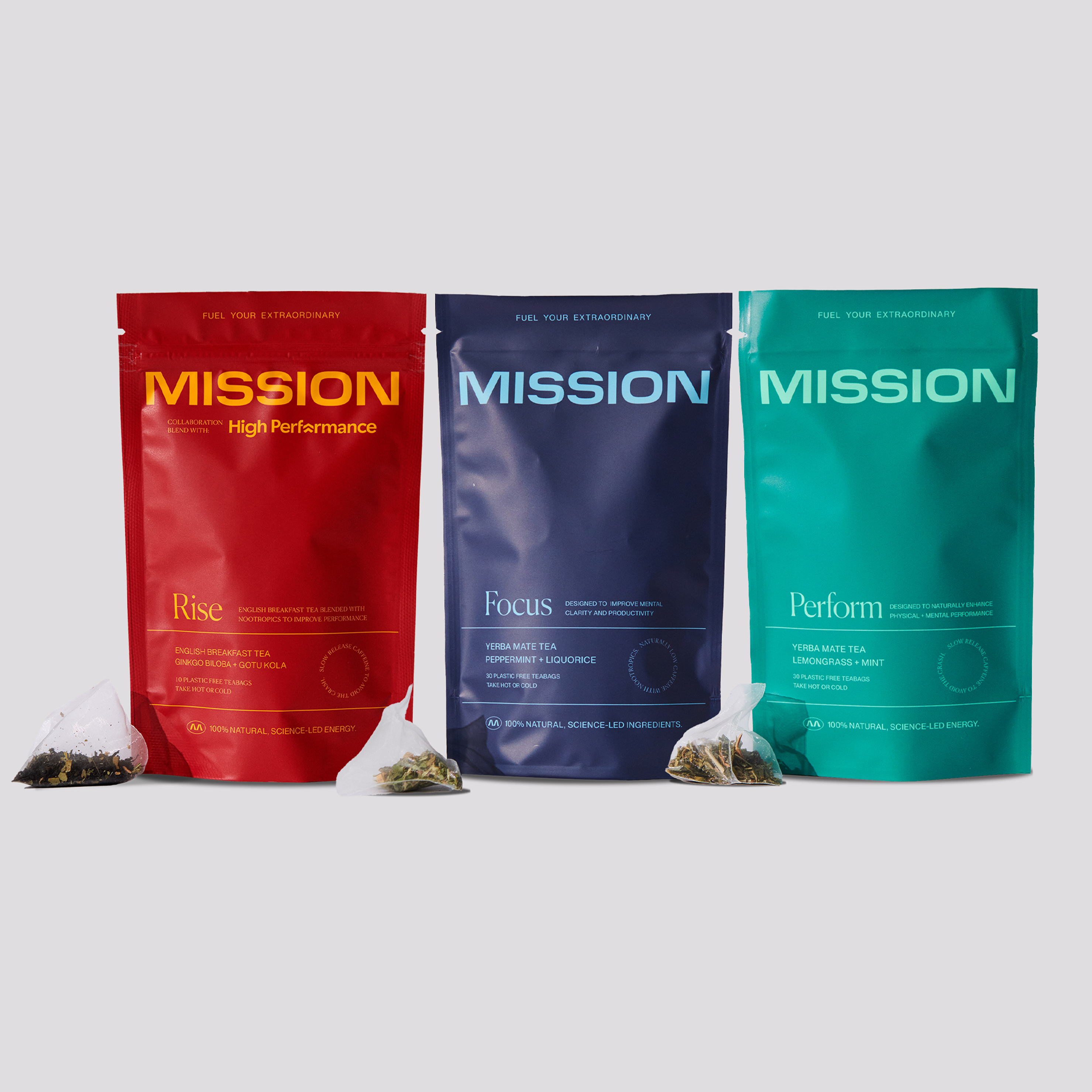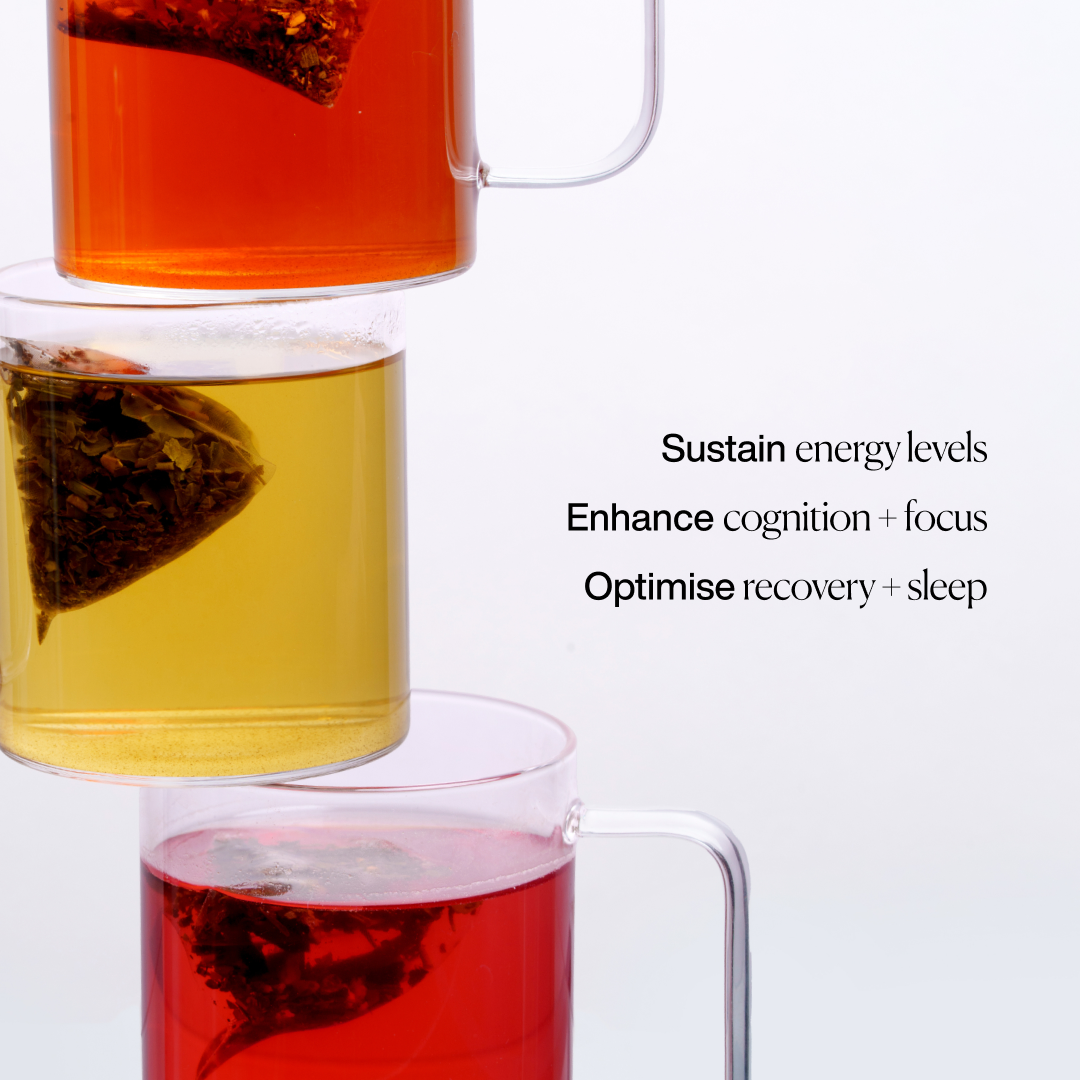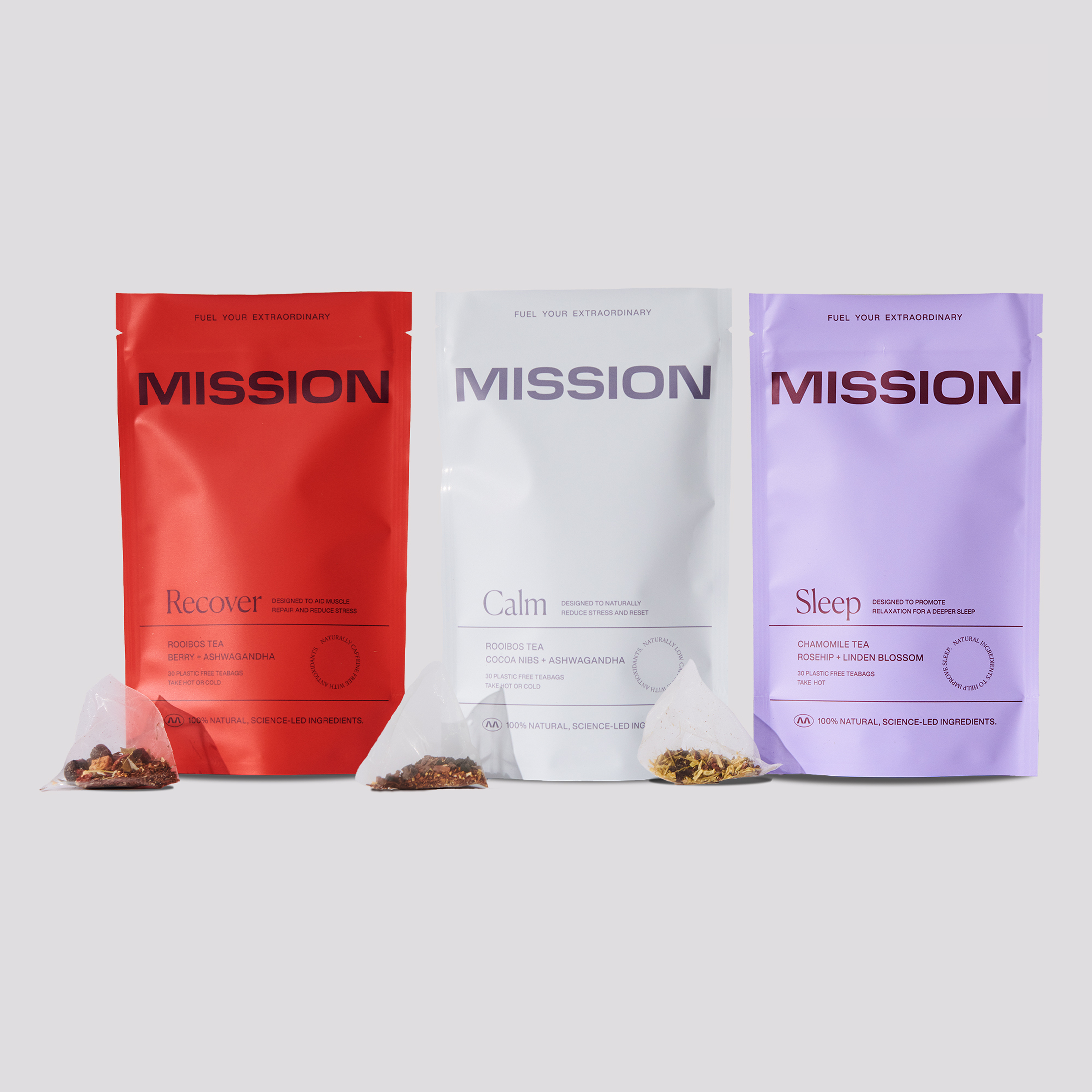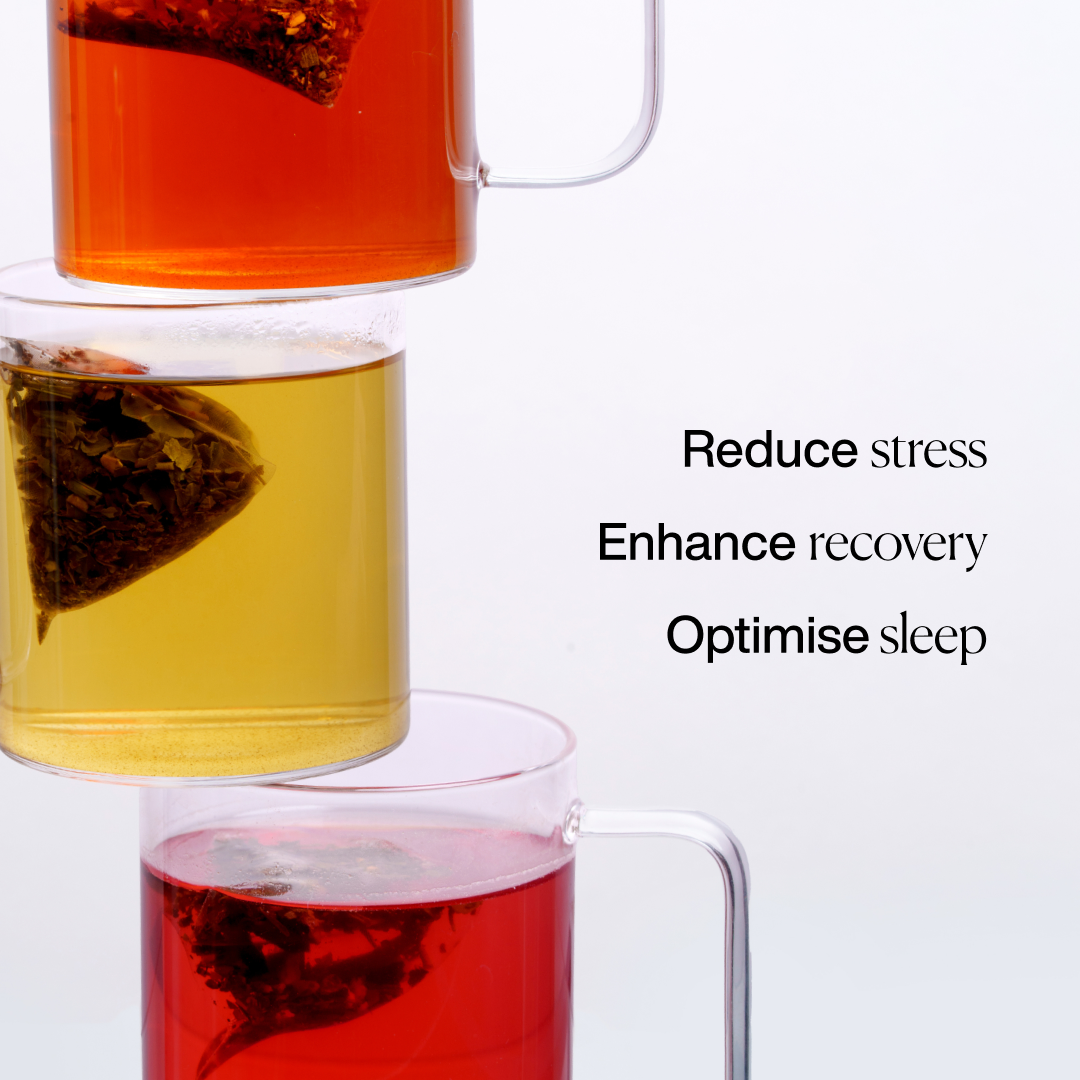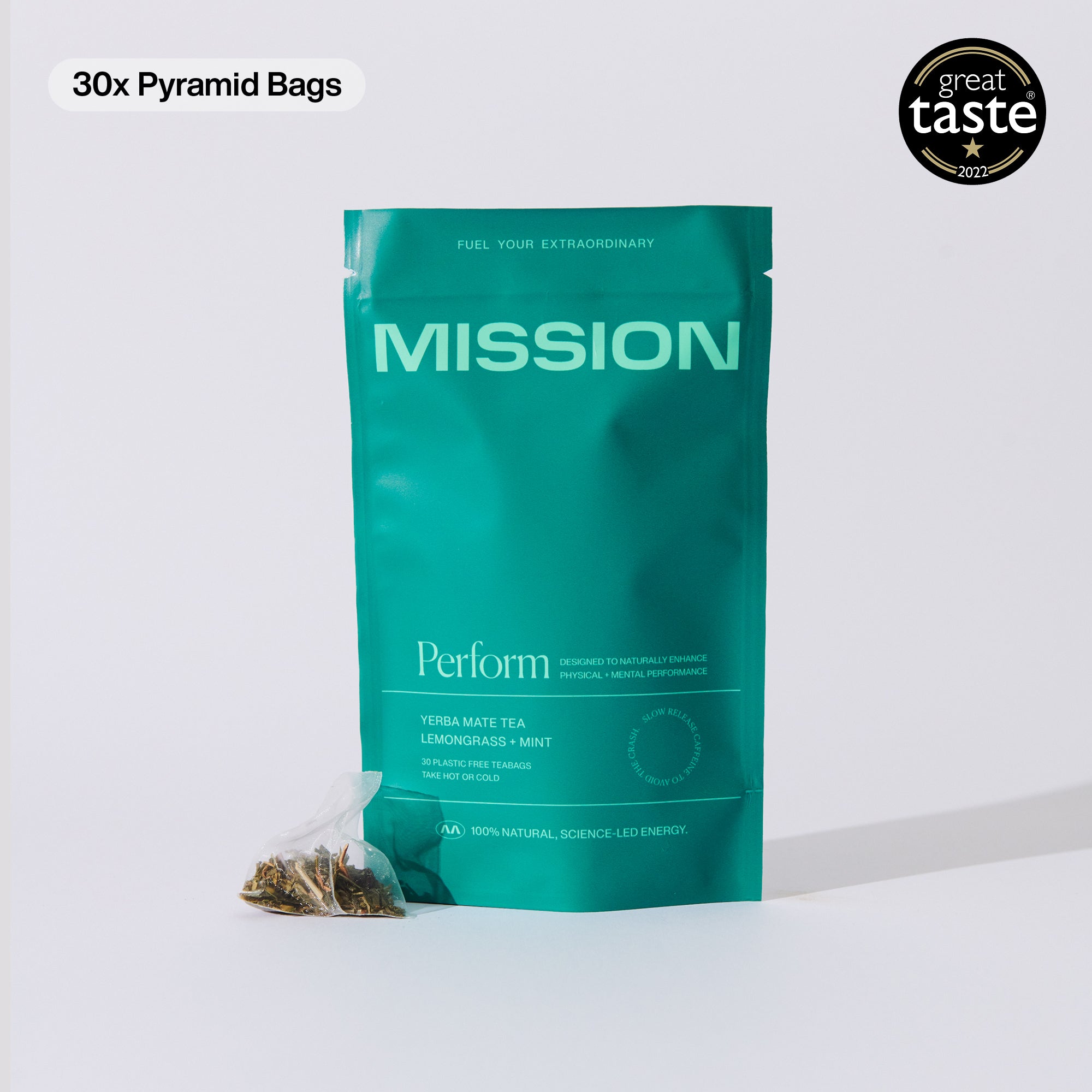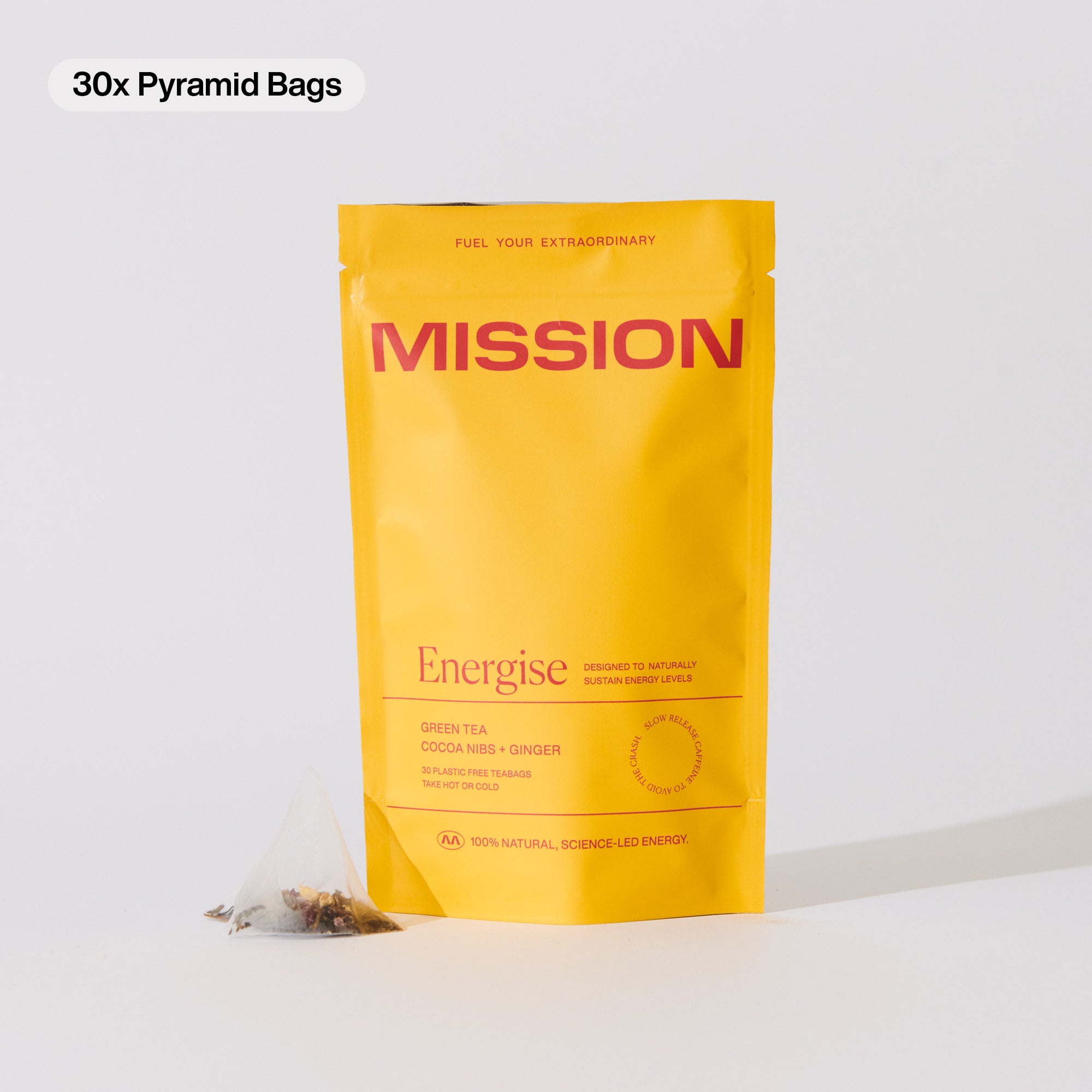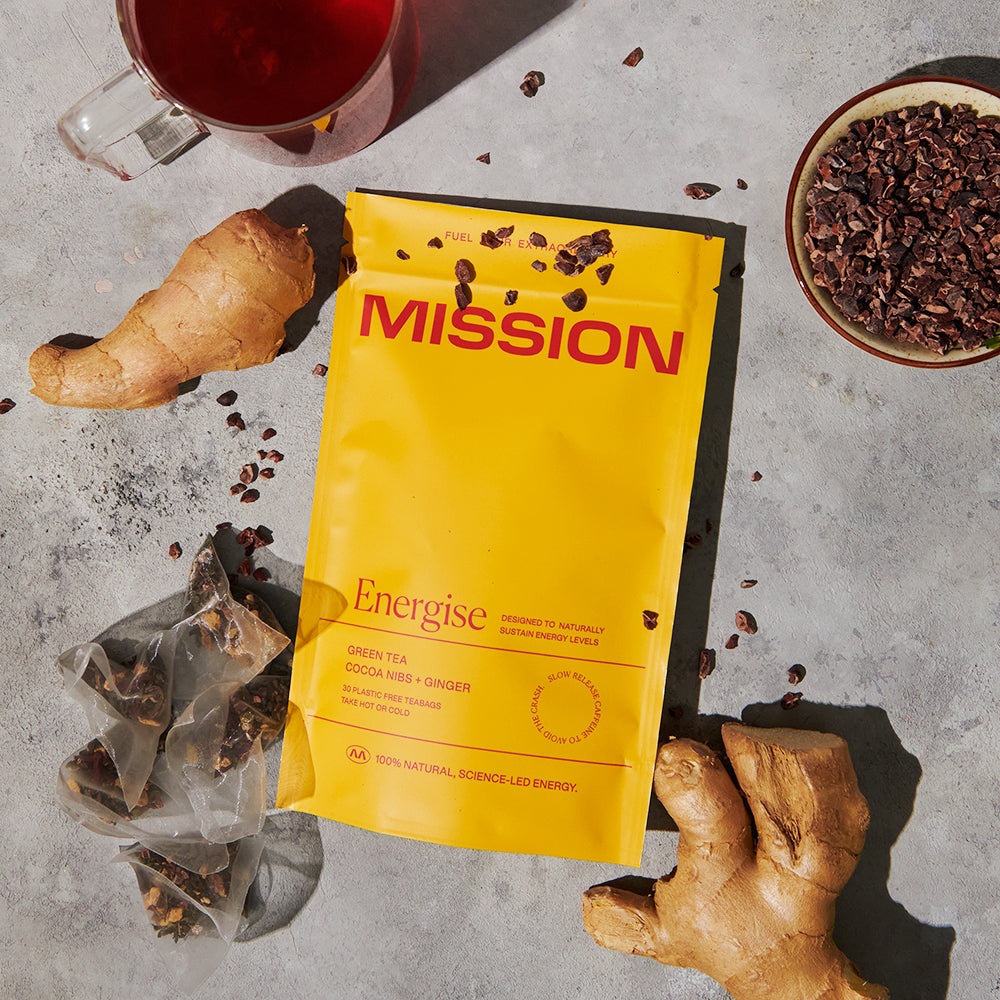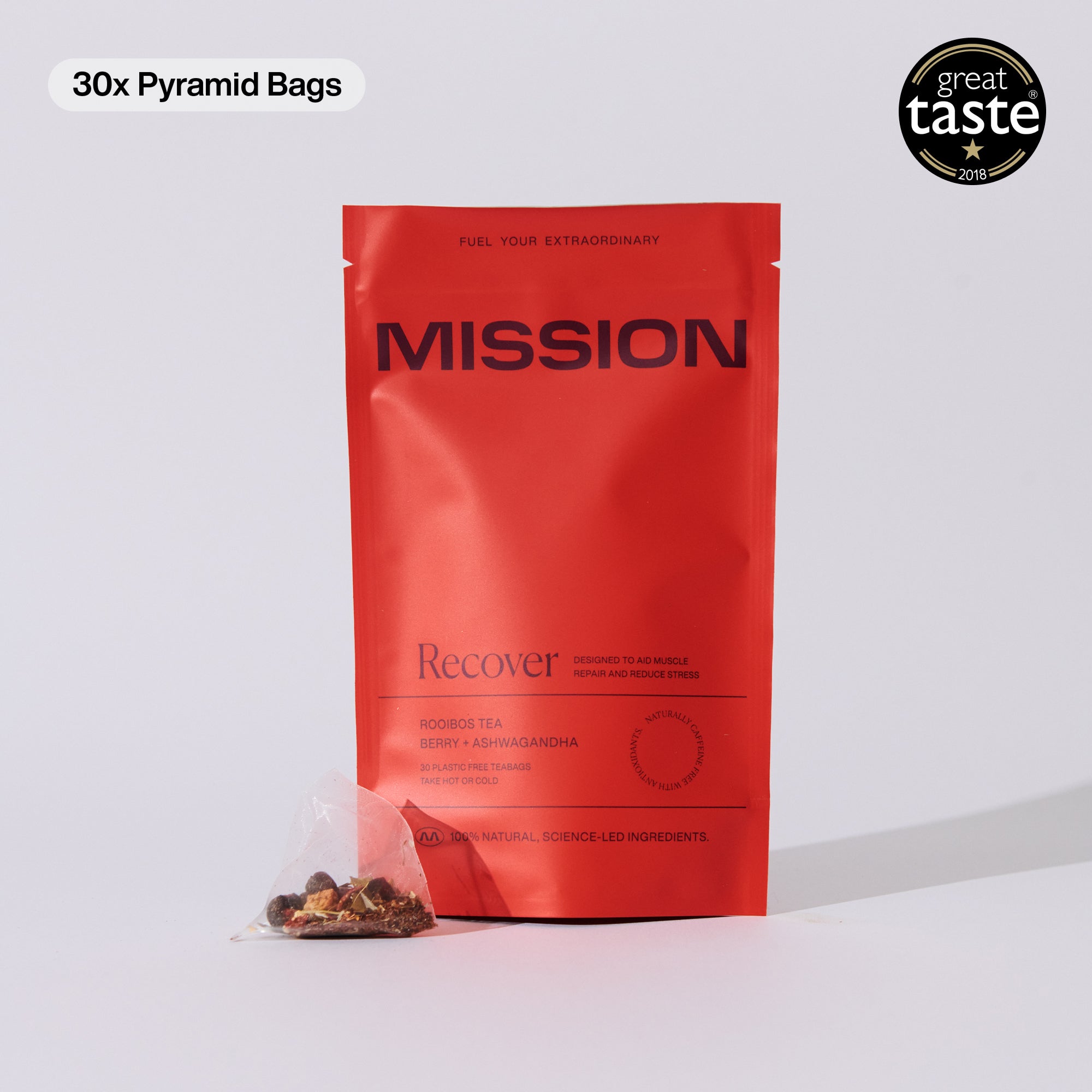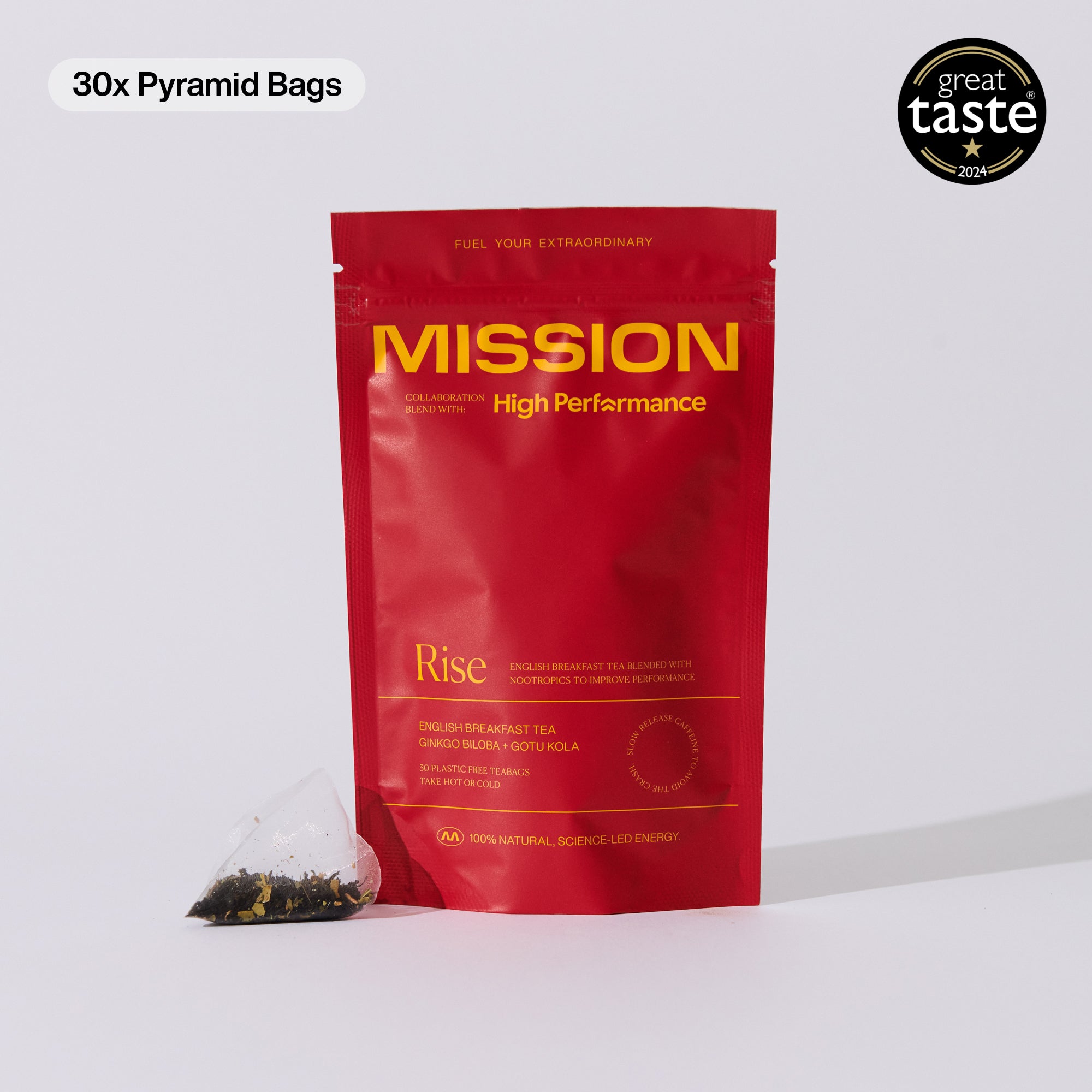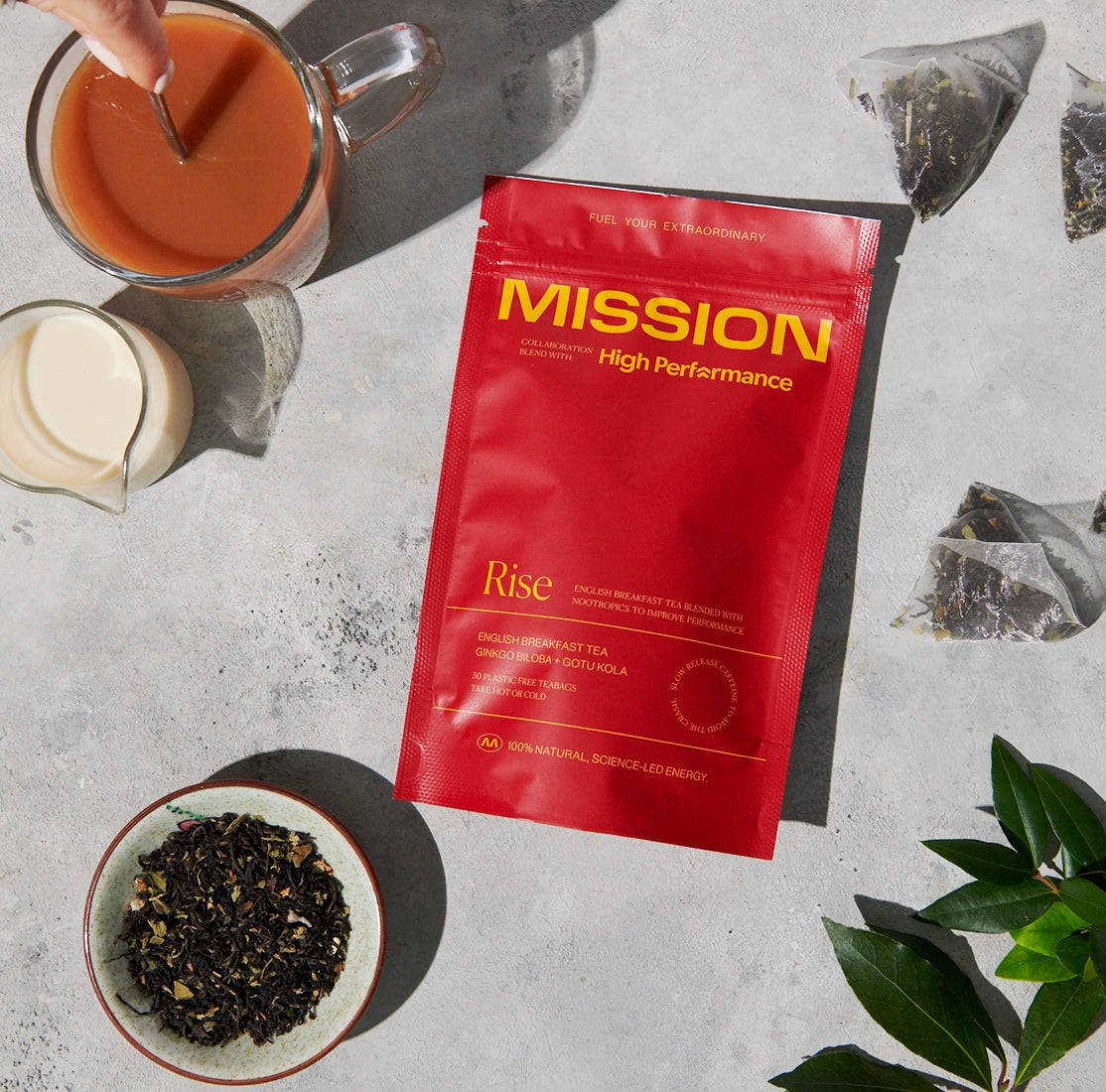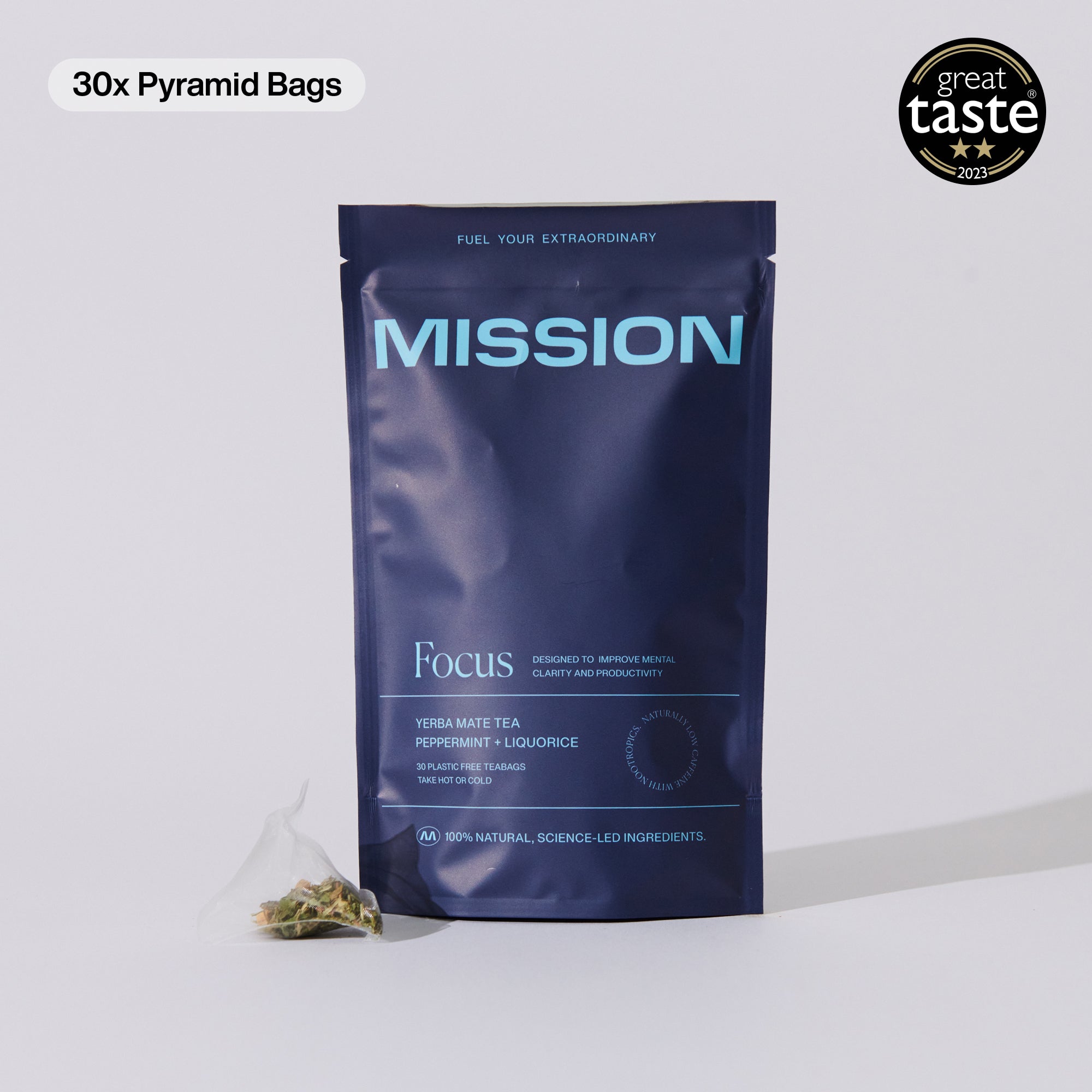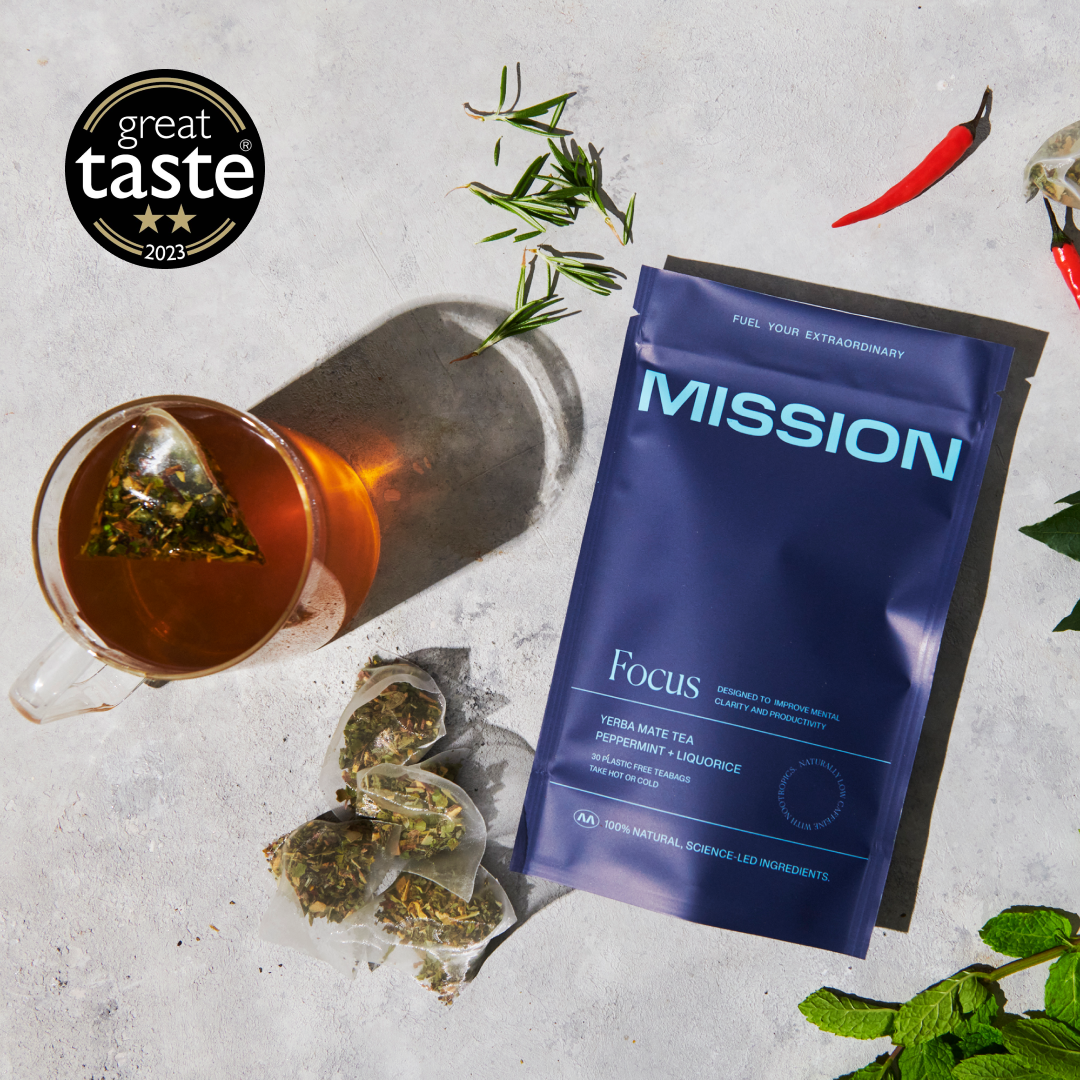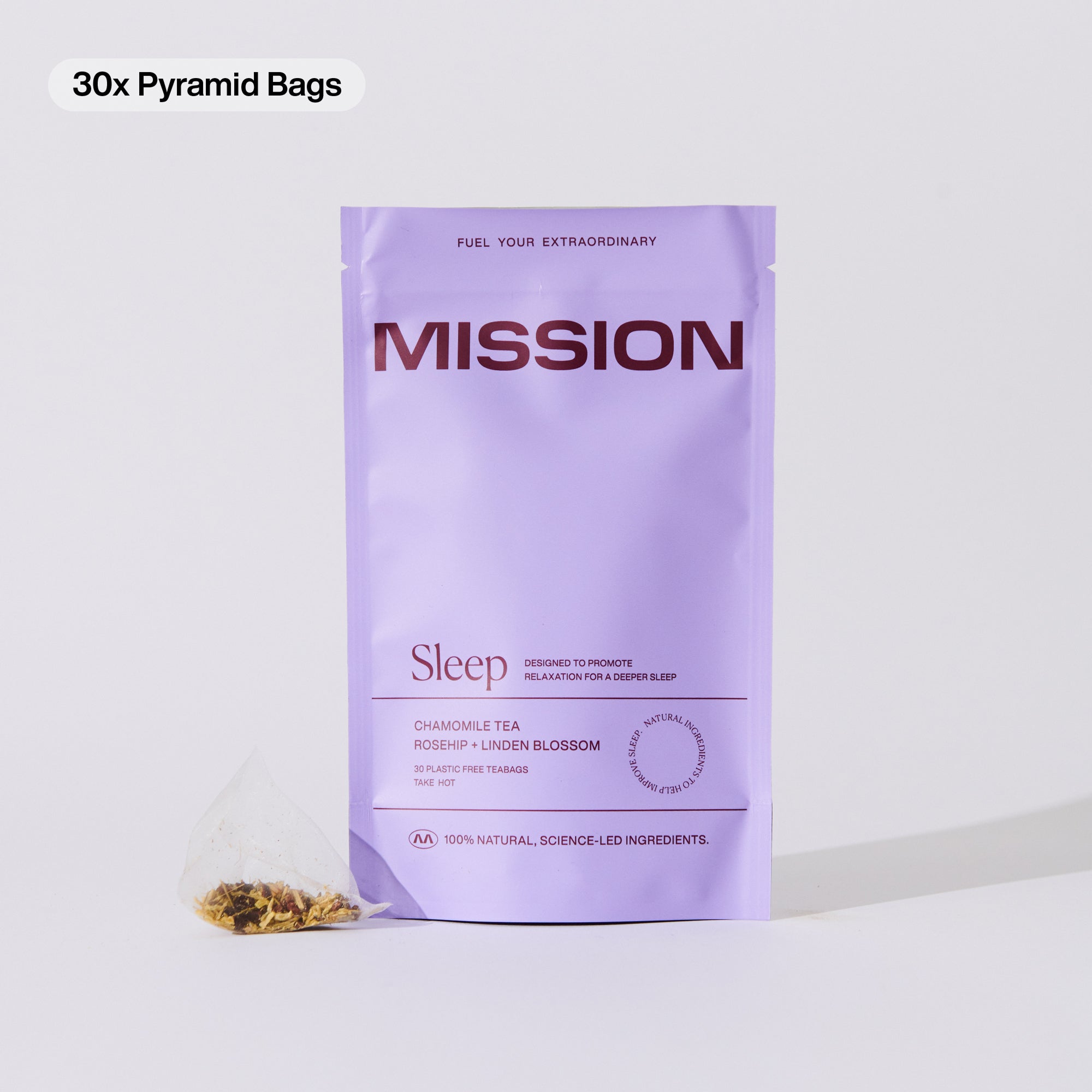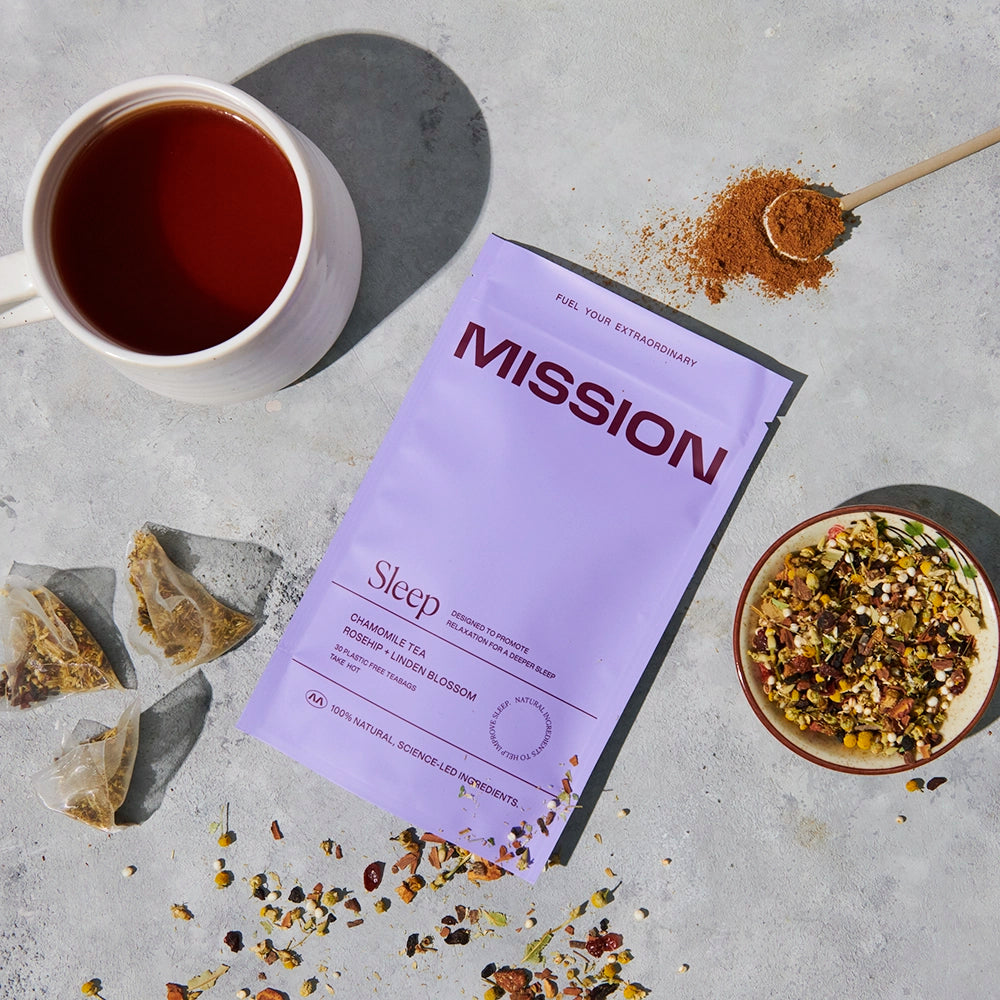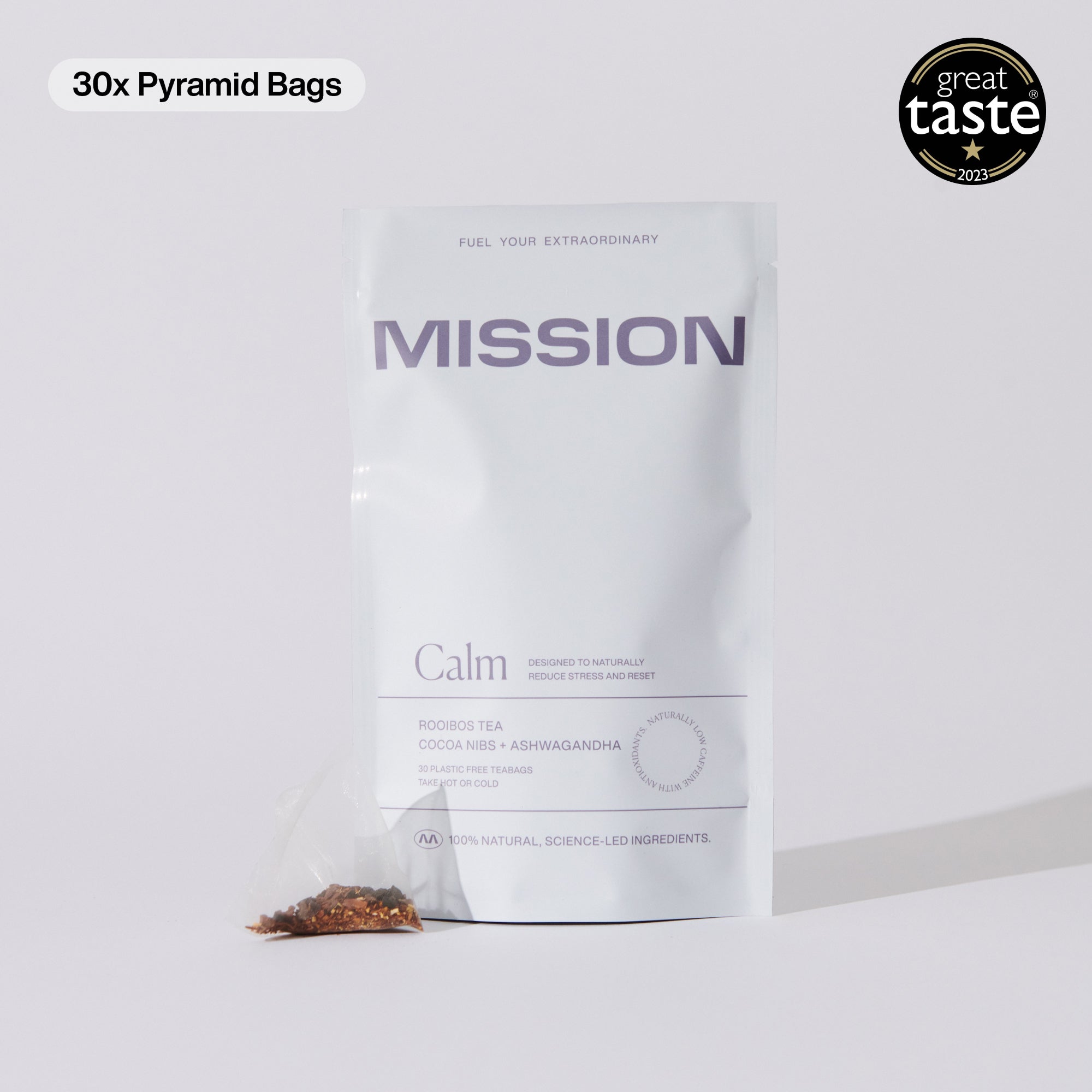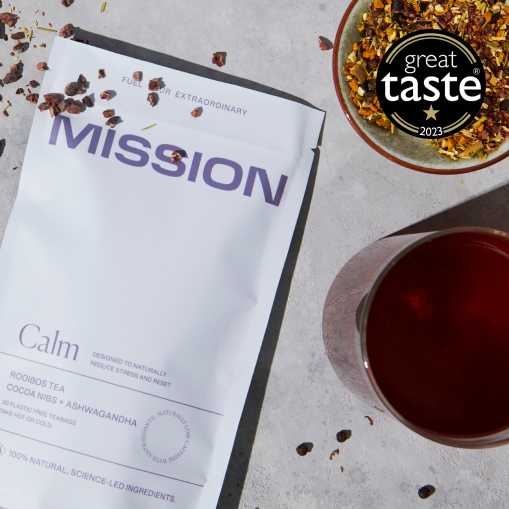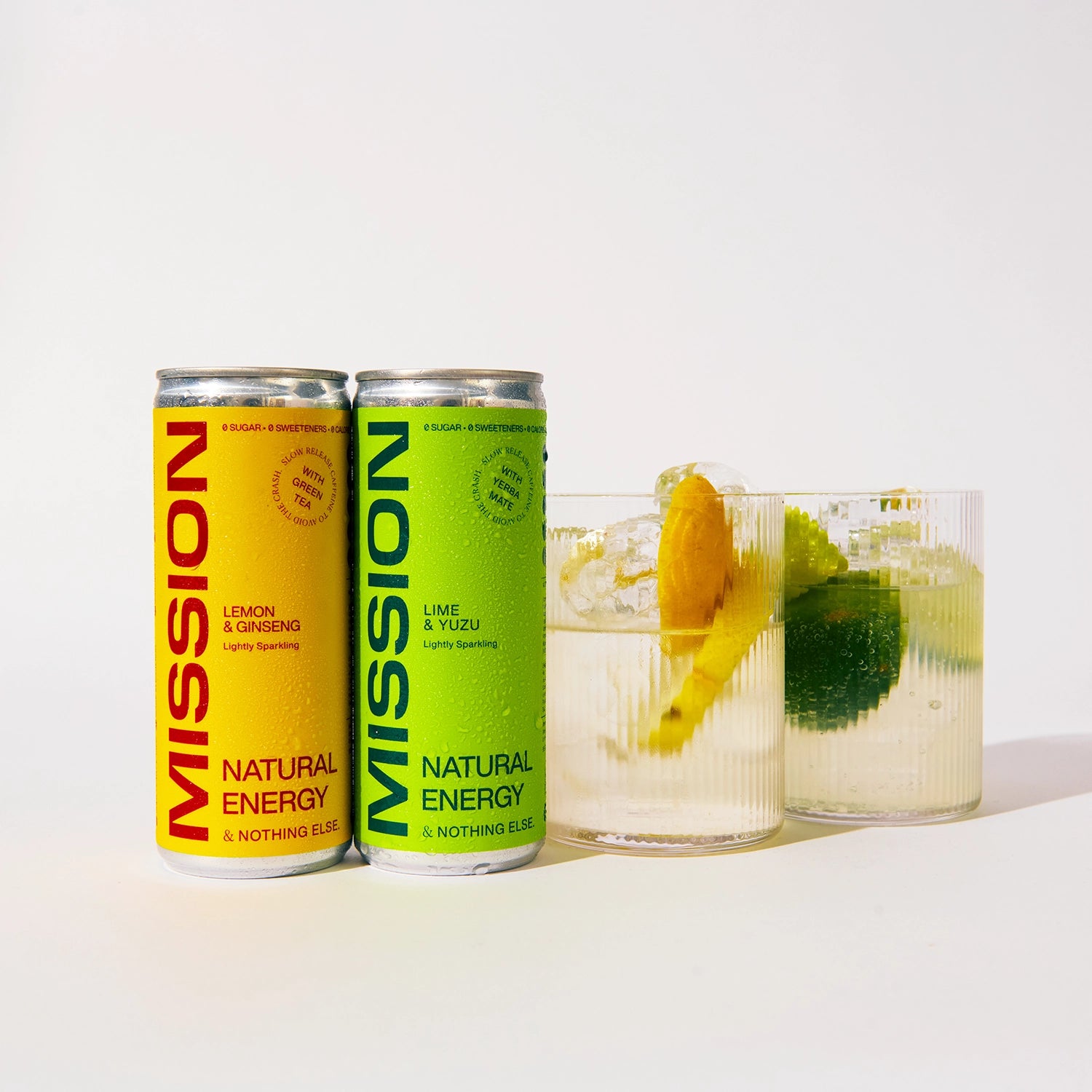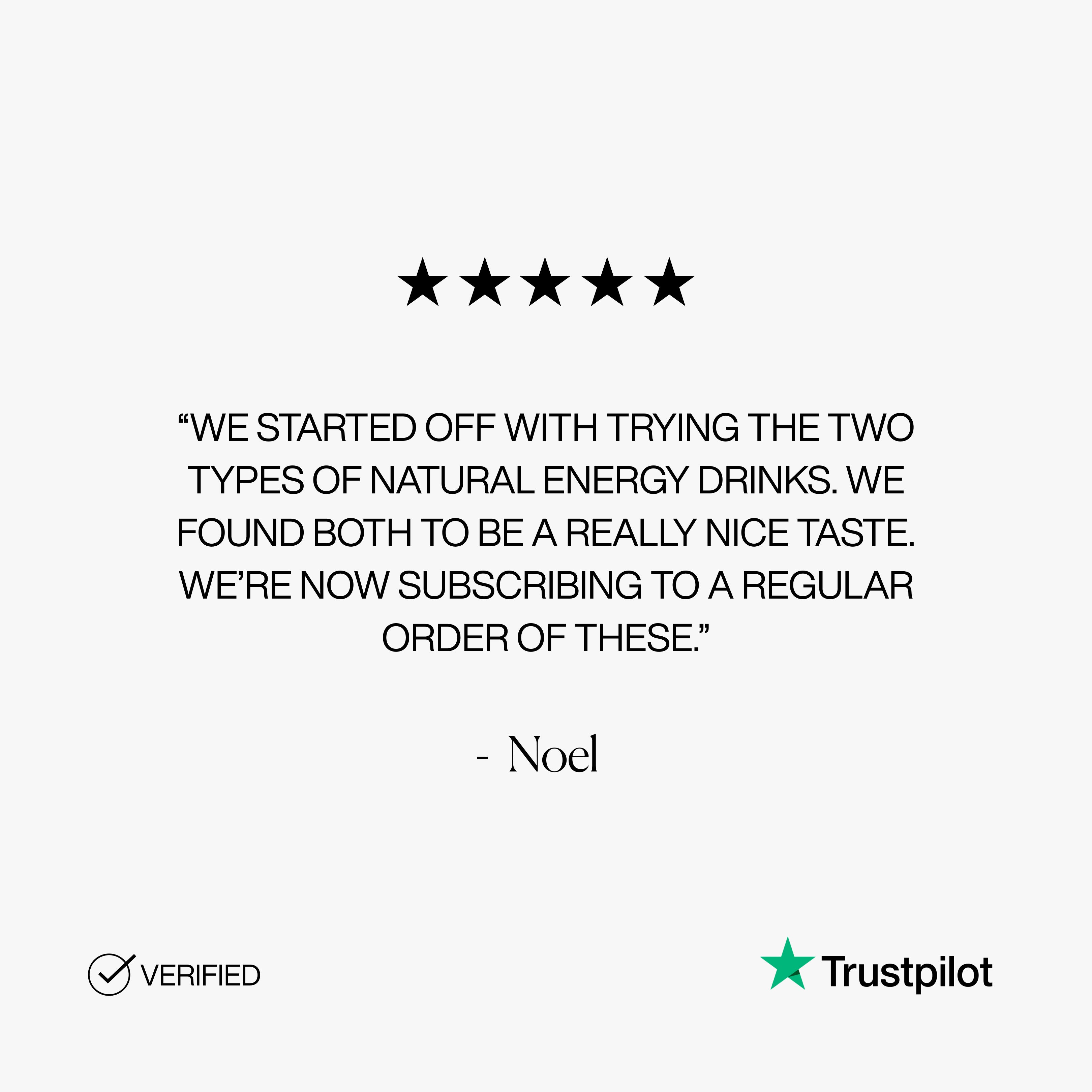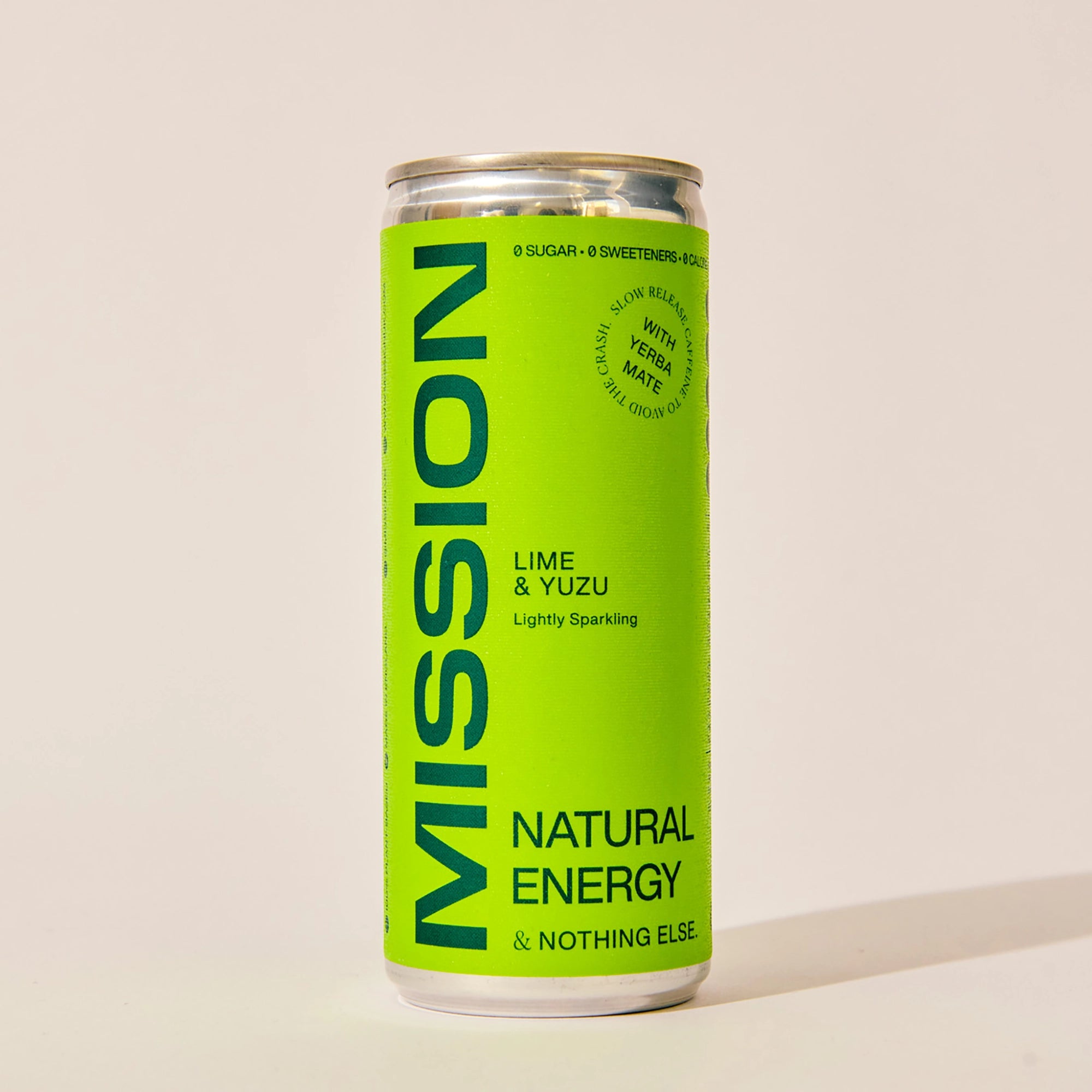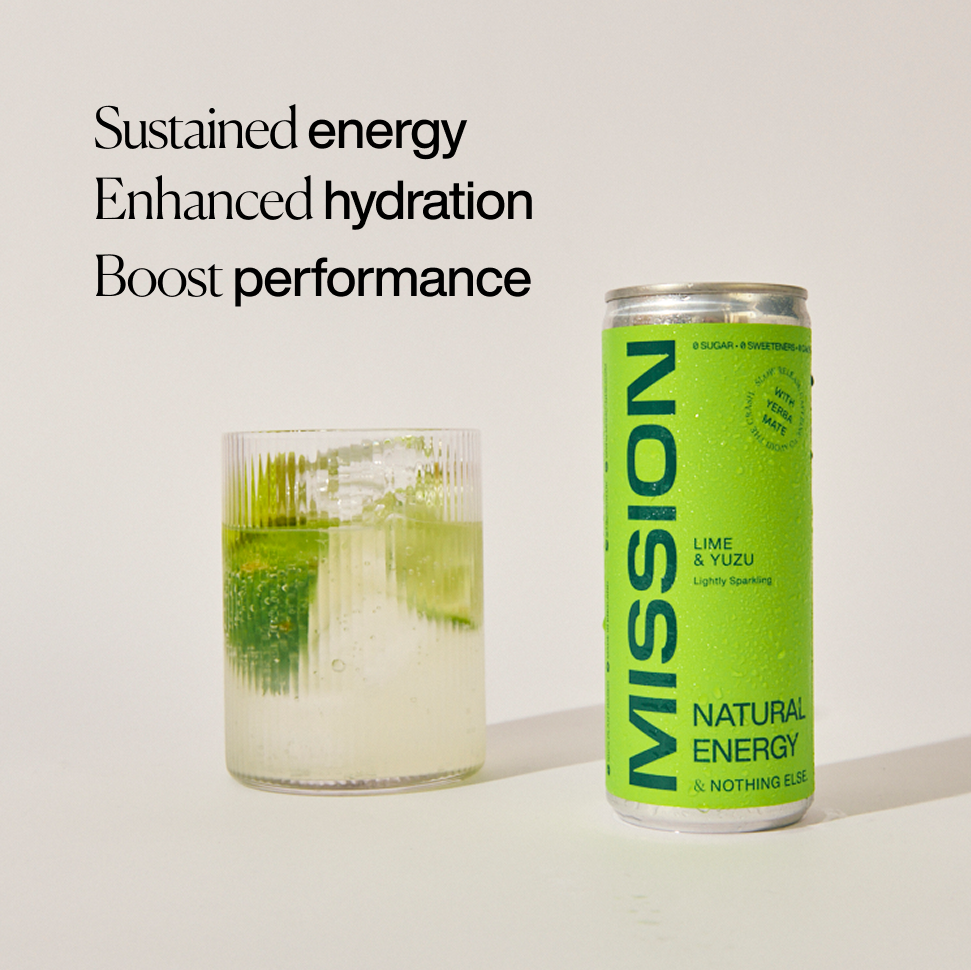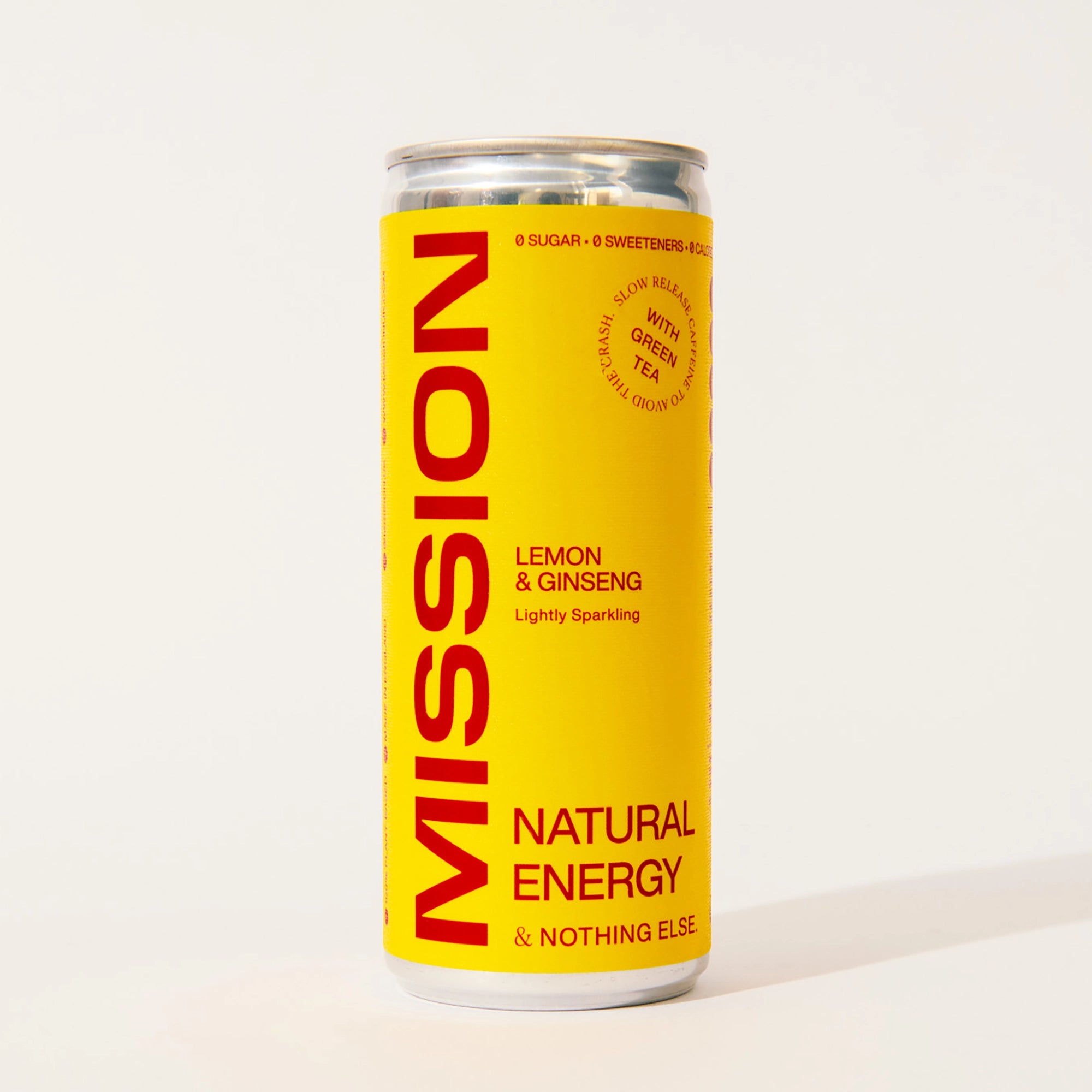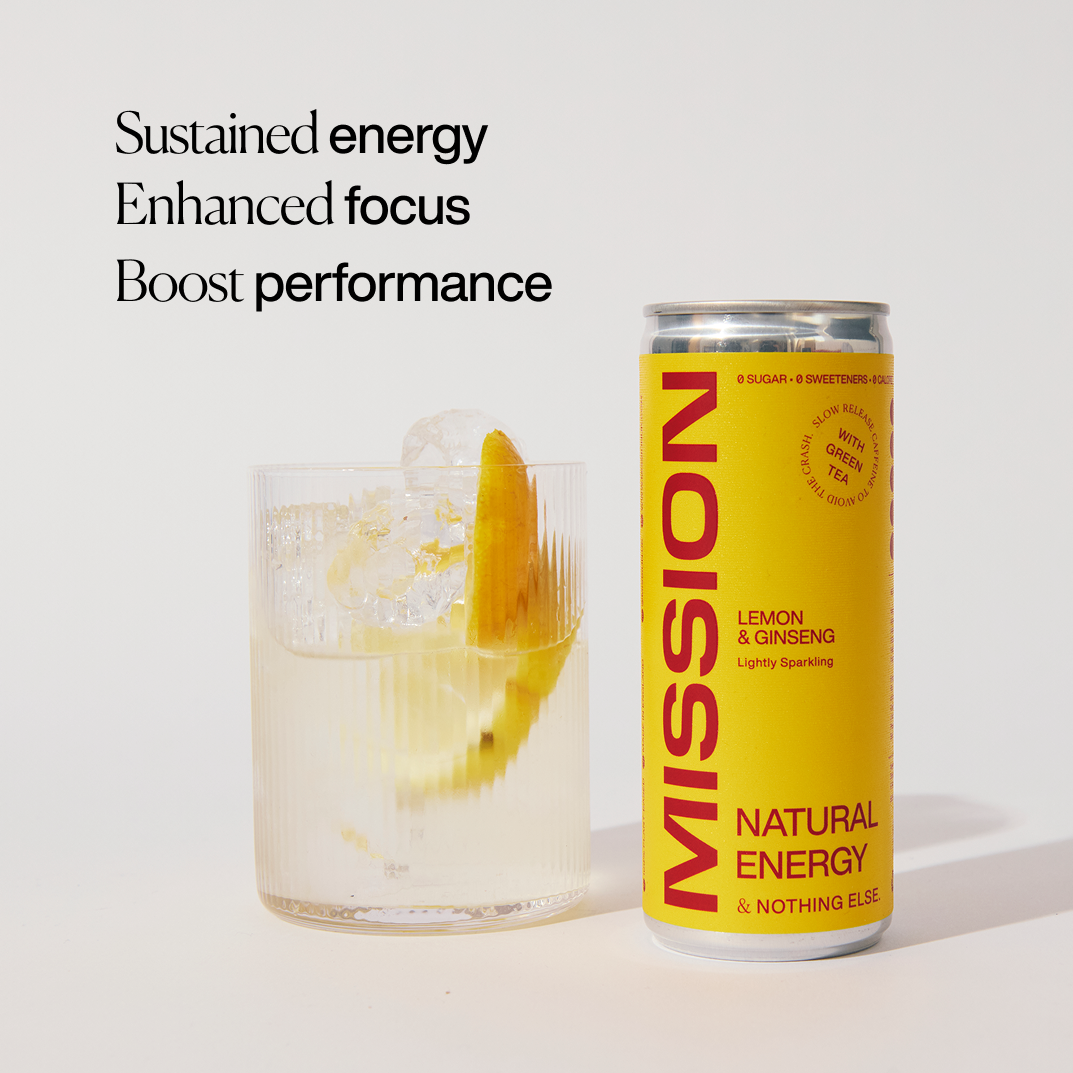Why it's now more important than ever to decrease sugar levels
In such unprecedented times, it’s essential to keep exercising, boost your immunity and stay level headed. Sugar makes doing all of this a lot harder. Find out why we should look at using more natural alternatives in more detail below.
1. Sugar makes us crash
It’s tempting to turn to food + drink for a ‘pick me up’ and an extra boost for focus and exercise, but if that involves using sugar, you’re actually doing quite the opposite. When we intake a high amount of sugar (and therefore glucose), our blood sugar skyrockets, causing the body to produce an excess of insulin. This, in turn, can cause blood sugar to fall rapidly, leaving us feeling sluggish and decreasing performance. Read our previous blog for the detailed science behind this.
Try to focus on taking as many whole foods in as possible and for a natural, calm and sustainable boost of energy, check out our best selling Perform Lemongrass + Mint blend. It uses ingredients such as green tea, yerba mate and spearmint for a sugar free boost.
2. Sugar exacerbates stress
Rapidly changing blood sugar levels makes the body work harder, needing to produce more insulin and cortisol rapidly. This can result in feelings of increased stress and anxiety, mood swings and a lack of sleep.
When trying to decrease stress levels, take a look at our Recover and Sleep blends. They use ingredients such as lavender, valerian, rooibos and gingko biloba, all anti-inflammatory and shown to promote feelings of calmness.
3. Sugar damages our immune system.
Our immune systems can be severely impacted by an excess of sugar. Bacteria and yeast feed on sugar, so excess glucose in the body causes these organisms to build up allow the body to be infected more easily.
Our Energise Cocoa + Ginger, Hydrate and Sleep Turmeric + Lavender blends are all great immunity boosters. They contain ginger, a strong antioxidant that has been shown to naturally boost the immune system. It contains tons of vitamins, some of which are magnesium, iron, zinc, and calcium. It helps kill cold viruses and has been said to combat chills and fever
Sources
Nutter, R.L., Gridley, D.S., Kettering, J.D., et al., “Modification of a transplantable colon tumor and immune responses in mice fed different sources of protein, fat and carbohydrate." Cancer Letters, 18(1), 1983, pages 49-62.
“Dietary Reference Intakes for vitamin A, vitamin K, arsenic, boron, chromium, copper, iodine, iron, manganese, molybdenum, nickel, silicon, vanadium, and zinc." Institute of Medicine, Washington, D.C., National Academy Press, 2001.
Bowman, S.A., “Diets of Individuals Based on Energy Intakes From Added Sugars." Family Economics and Nutrition Review, 12(2), 1999, pages 31-38.



